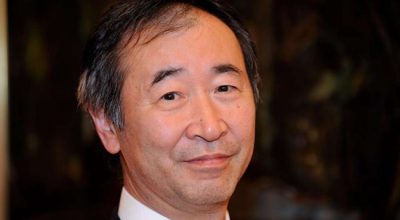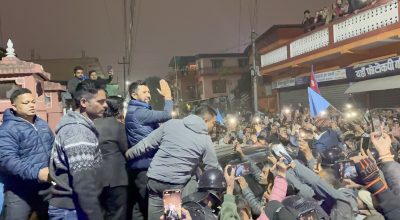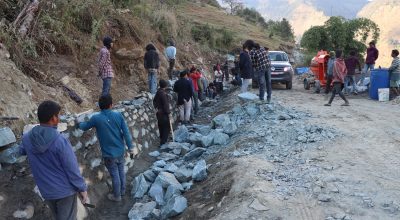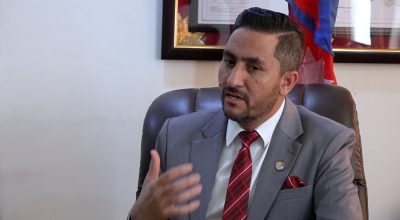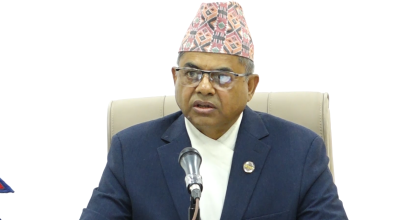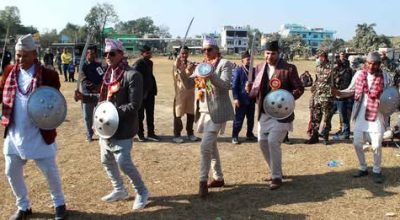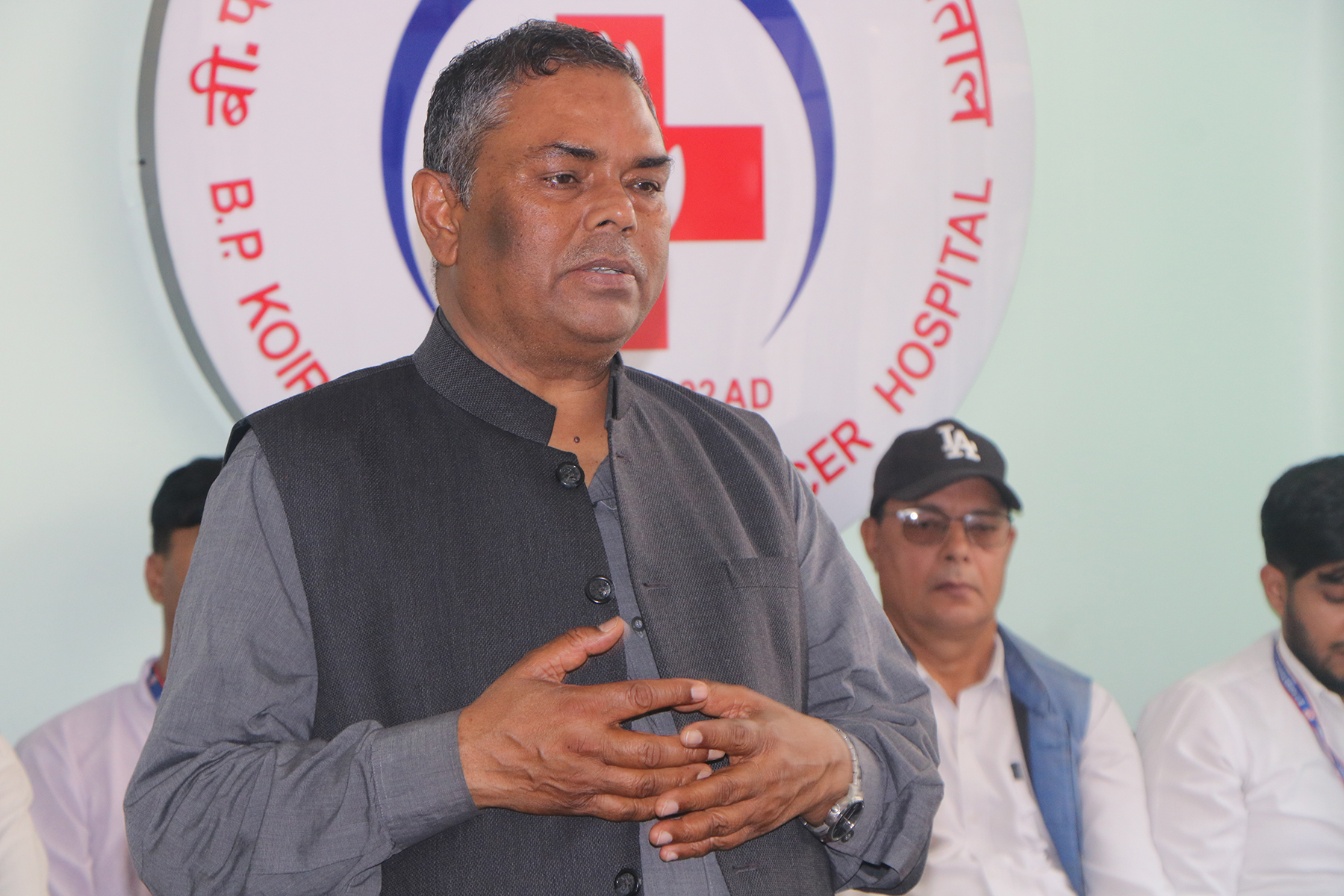
- Sudip Raut
Siraha, Jan 19: It was the month of Magh. The cold wave was at its zenith and dense fog had covered the area.
Early in the morning, people had already started assembling and their number was increasing at Shaheed Chowk in Lahan, regardless of the harsh cold. Such was the scenario on this day 18 years back, as the Madhes Movement was seething in the Tarai-Madhes region.
The Madhes Province Government has been observing the 5th of the Nepali month Magh as the ‘Sacrifice Day’ every year in memory of the martyrs of the Madhes movement 18 years ago.
As the Madhes-centric parties and their workers mark the ‘Sacrifice Day’ by organising various commemorative programmes like garlanding the statues of the martyrs of the Madhes Movement, the family members of the martyrs are still in distress. They rue that the dreams of the martyrs have not been honoured by the parties.
Laxmi Sahani and his spouse Domani Sahani are undergoing this experience 18 years since their son attained martyrdom during the Madhes uprising.
Whenever the time comes for commemorating the Sacrifice Day, it refreshes their memories of the past and of how the Sahani family’s dreams were shattered in a moment.
For Mohammad and Mastaki also the feelings are the same as of the Sahani couple. Eighteen years ago, the Madhes movement in Lahan had shattered the dreams of the Sahani family in a moment.
Ramesh Kumar Mahato of Majhaura VDC-5, Mohammad Anish of Itharwa VDC-3, Pramod Saday of Mahadev VDC-2 and Bijay Sahani of Lahan Municipality-4 were killed in police firing on January 19, 2007 during the Madhes Movement.
Laxmi and Domani Sahani are the parents of martyr Bijay Sahani. When Laxmi remembers the moment when 18-year-old Bijay Sahani, the eldest of his two children, was killed in the movement, his heart is filled with pain.
“Every January 19 gives me pain and tears. This date refreshes my memories of the past,” said Sahani with teary eyes, standing before his son’s statue. “I don’t know how much the movement has achieved, but our family has become desolate. The joys were forever gone,” a solemn Sahani added.
Laxmi narrated the pain of his next son, Rajesh Sahani, who has been working in Kerala, India for three years to avoid the family’s financial woes.
“The sacrifice of martyrs like my son in the movement paved the way for the politicians’ journey to the seat of power, but my family is in the same poverty, lack and pain till today. When you remember, it breaks your heart, it is difficult to come to terms with,” Sahani said, adding, “I manage myself but it is difficult to solace my wife.”
Looking at his wife who was crying beside him, he said, “I remember my son at this time. Such programmes only add to the suffering and are extremely painful.”
Mohammad Mastaki is the father of martyr Mohammad Anish. Anish’s father Mohammad Mastaki is in similar pain.
He lamented that the government did not provide any support for the employment and livelihood of the martyrs’ families and that the changes brought by political movement did not bring any change in the living standard of the people of the Madhes. The Movement has no meaning unless it brings changes in the lives and condition of the people. “The martyrdom of our dear ones was not fulfilled. The result did not come as expected. The system has changed but the condition of the people has not changed,” he said.
UpendraYadav, the leader of that movement at the time of Madheshi People’s Rights Forum and the current chair of Janata Samajwadi Party, came to Lahan and laid wreaths on the statues of these martyrs and said that today is the day of sacrificial rebellion against ‘exploitation and oppression against the Madhesi people.’
He said, “The martyrs’ dream of empowering Madhesh and freeing the Madhesis of ‘life of slavery’ will not be wasted.” The families of the martyrs, who were listening to the speech, were silent. Perhaps they were used to listening to the leaders’ speeches, believing them or not was a separate matter.





